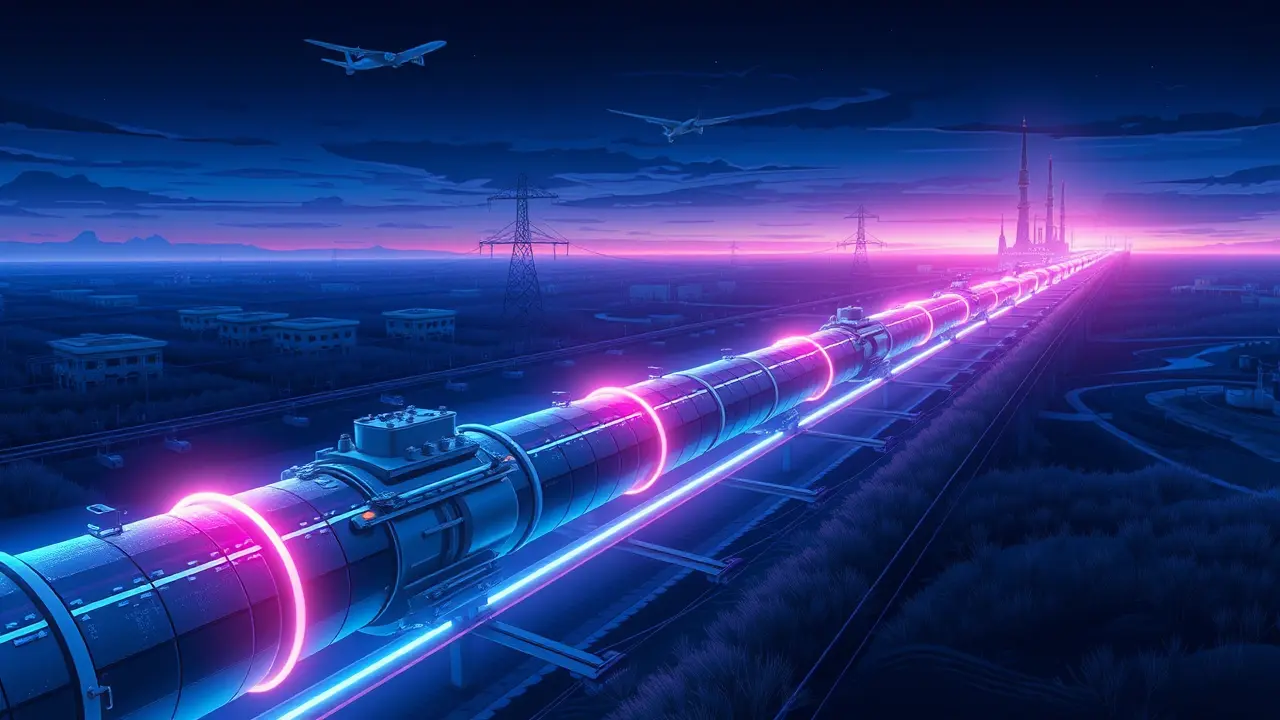
Politicsconflict & defenseMilitary Operations
Ukraine's Intelligence Service Strikes Russian Oil Infrastructure.
OL
Oliver Scott
2 days ago7 min read
In a calculated escalation of its long-range strike campaign, Ukraine's Main Intelligence Directorate has executed a precision operation against the Koltsevoye oil pipeline, a critical logistical artery situated a mere fifty kilometres from the Kremlin's seat of power. This is not merely a tactical strike; it is a profound strategic gambit, a deliberate thrust at the economic and operational heart of the Russian war machine, demonstrating a capability to project force deep into what was previously considered secure Russian territory.The target's proximity to Moscow sends an unambiguous message of vulnerability, directly challenging the Kremlin's narrative of domestic security and control. From a risk analysis perspective, this operation represents a significant shift in the conflict's risk profile, moving the battlefield from the front lines to critical national infrastructure.The immediate consequence is a tangible disruption to the fuel supplies essential for Russian armored divisions and air support, potentially stalling offensive operations in Donbas. However, the second and third-order effects are where the true risk calculus unfolds.We must consider the high probability of retaliatory strikes on Ukrainian energy grids with increased intensity, a scenario that would further cripple the civilian population. Furthermore, this attack introduces a new layer of volatility to global energy markets; while the pipeline may not be a primary export conduit, the psychological impact of instability so close to the capital could trigger speculative spikes.Historically, targeting an adversary's energy logistics has been a hallmark of asymmetric warfare, from Allied bombing of German synthetic fuel plants in WWII to more recent insurgency tactics in the Middle East. The HUR's success here indicates a sophisticated intelligence network operating within Russia, a risk factor the Kremlin has consistently underestimated.Looking forward, the scenario planning must now include the possibility of similar strikes on other high-value infrastructure targets, such as refineries or command nodes, potentially forcing Russia to reallocate significant air defense assets from the front to protect its hinterlands, thereby creating new vulnerabilities in its war-fighting posture. This single operation, therefore, is not an isolated event but a pivotal node in a complex web of escalating risks, where the immediate tactical gain for Ukraine is balanced against the strategic certainty of a more brutal and expansive Russian response, reshaping the contours of the conflict for the foreseeable future.
#Ukraine
#Russia
#oil refineries
#pipelines
#military operations
#intelligence
#sabotage
#featured
Stay Informed. Act Smarter.
Get weekly highlights, major headlines, and expert insights — then put your knowledge to work in our live prediction markets.
© 2025 Outpoll Service LTD. All rights reserved.